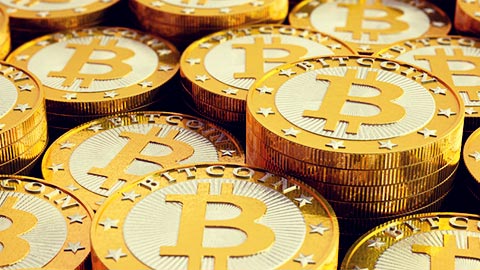Despite starting their cryptocurrency ventures around the same time, Bhutan and Pakistan have had vastly different outcomes. While Bhutan now ranks as the fifth-largest Bitcoin holder globally, with reserves constituting 35% of its GDP, Pakistan’s crypto-mining ambitions remain unrealized due to bureaucratic and political hurdles, according to a news report.
Bhutan ranks fifth among countries holding Bitcoin (BTC), following the United States, China, the United Kingdom, and Ukraine. Other nations are also capitalizing on the ongoing bull market.
El Salvador, one of the first countries to adopt Bitcoin as legal tender, is leveraging the surge to reduce its national debt and finance ambitious initiatives, including the development of its proposed Bitcoin City.
In 2020, the government of Khyber Pakhtunkhwa (KP) envisioned Bitcoin mining as a way to generate significant revenue for the cash-strapped province. Backed by crypto experts Waqar Zaka and Ghulam Ahmed Roomi, and championed by Zia Ullah Bangash, an adviser to the chief minister on science and technology, KP seemed poised to lead the country’s crypto revolution.
The province’s abundant hydropower resources, capable of generating 30,000 megawatts, were seen as an ideal foundation for the energy-intensive process of mining cryptocurrency.
The KP provincial assembly passed a resolution in December 2020 urging federal legislation on cryptocurrencies. By February 2021, a committee chaired by Bangash had prepared a draft bill to regulate crypto-mining.
However, just as the bill was set to be presented to the provincial cabinet, the Prime Minister’s Office abruptly ordered Bangash to halt the initiative without explanation. Bangash disclosed that over 300 overseas Pakistanis had shown interest in investing in crypto-mining had proper regulations been in place.
Adding to the setbacks, the Federal Investigation Agency (FIA) raided one of Roomi’s operational mining farms, confiscating equipment despite lacking jurisdiction. Frustrated, Bangash resigned in protest, later confirming that federal resistance had derailed the project.
Despite receiving international media attention, Pakistan’s federal committee failed to take concrete steps, leaving KP’s vision for cryptocurrency unrealized.
In stark contrast, Bhutan quietly advanced its crypto ambitions under its sovereign investment arm, Druk Holding & Investments (DHI). Leveraging its hydropower resources, Bhutan sustainably powered large-scale Bitcoin mining operations, particularly as Covid-19 disrupted its tourism-dependent economy. By 2021, Bhutan had invested millions in digital assets, with its Bitcoin holdings now valued at $1.2 billion, even after selling portions to pay government salaries.
Bhutan’s mining operations are set to grow further through a partnership with Singapore-based Bitdeer, aiming to scale capacity to 600 megawatts.
In November 2024, Bhutan’s government sold 367 Bitcoin valued at approximately $33.5 million through the cryptocurrency exchange Binance, according to blockchain analytics firm Arkham Intelligence. The sale occurred when Bitcoin traded near $90,000. This marked Bhutan’s second major Bitcoin sale in recent months, following a $66 million transaction when Bitcoin reached $70,000. Combined, these sales totaled nearly $100 million.
Despite these transactions, Bhutan remains one of the largest government Bitcoin holders, with 12,206 Bitcoin under the management of Druk Holding & Investments, valued at around $1.11 billion.
Unlike other nations that report cryptocurrency asset seizures, Bhutan actively mines Bitcoin using its abundant hydroelectric resources. The country’s approach, marked by strategic timing of sales, demonstrates a sophisticated management strategy for its cryptocurrency assets.
Beyond cryptocurrency, DHI has diversified into artificial intelligence, blockchain, and the metaverse, launching the world’s first decentralized national identity platform—a concept Pakistan has only recently begun to explore.
As Bhutan reaps the benefits of a forward-looking strategy, Pakistan’s missed opportunities in crypto-mining highlight the challenges of navigating bureaucratic resistance and policy inertia, stalling what could have been a transformative initiative for the country.




